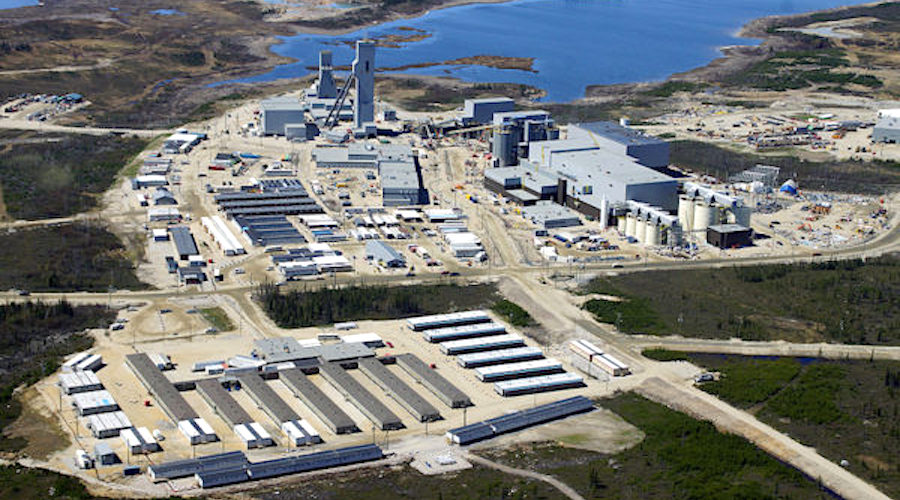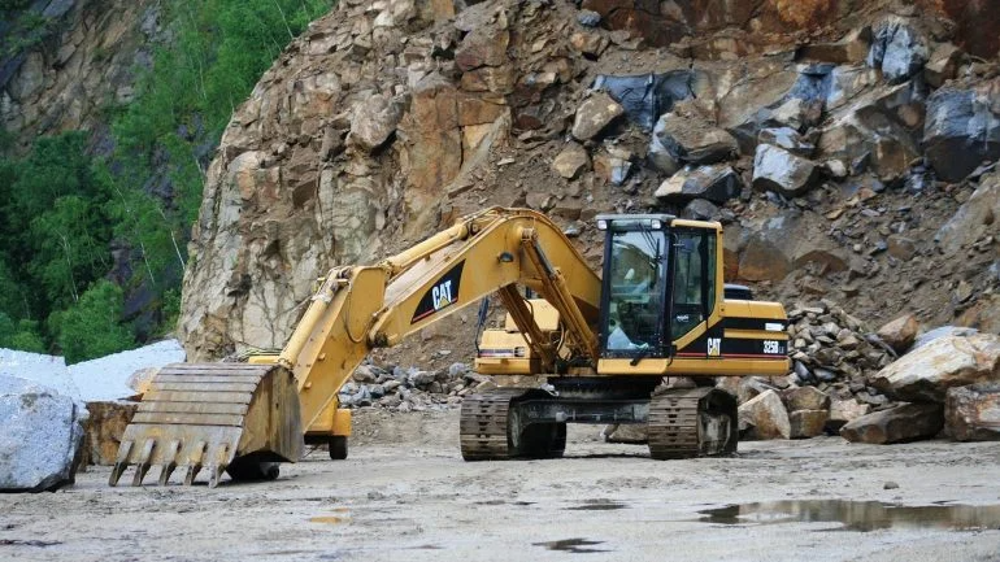How Canadian miners with subsidiaries abroad can manage heightened parent company risk

A fundamental principle of corporate law in Canada is that parent corporations have a separate legal personality from their subsidiaries, and therefore cannot generally be held liable for their subsidiaries’ activities. Historically, foreign plaintiffs have only been able to hold a parent company liable for the conduct of its subsidiary by “piercing the corporate veil.” Canadian courts will only pierce the veil where a subsidiary was wholly dominated and controlled by the parent, and was used as a shield by the parent for fraudulent or improper conduct; where the subsidiary acted as an agent for the parent; and where a statute or contract requires it.
Cases in which the corporate veil have been successfully pierced tend to involve, among other things, fact evidence demonstrating that the parent company was the “brain” of the venture, made all of the decisions and/or was in constant and effectual control of the subsidiary, or that shareholders had not properly appointed directors to manage the company and were instead effectively managing the subsidiary themselves. Corporations therefore typically seek to preserve the corporate veil by ensuring, for example, that subsidiary boards function independently, have a majority of directors who are not resident in Canada and who meet regularly in the foreign jurisdiction.
Because the corporate veil can only be pierced in limited circumstances, foreign plaintiffs have looked for other means to hold parent corporations responsible for their subsidiaries’ conduct. A second gateway to potential liability in Canada has now developed through cases arising mainly out of mining investments abroad. These claims are based on the assertion that the Canadian parent owes a duty of care directly to the foreign plaintiffs.
Canadian court claims
Canadian courts have not yet engaged in a thorough analysis of the merits of these claims. To date, the battle has been over whether Canadian courts have jurisdiction to hear the claims and whether they disclose a reasonable cause of action. That said, these decisions provide invaluable insights into how Canadian courts view these claims, and how they are likely to address the issues when they get a chance to rule on the merits.
A common factor among these claims to date is the adoption and top-down implementation by the parent company of corporate compliance and ESG-type policies requiring a particular standard of conduct of employees and often of vendors and suppliers. Paradoxically, while the adoption and implementation of voluntary standards has been a factor in courts allowing these cases to proceed, the adoption and implementation of such standards may well serve as a defence or mitigating factor at the merits stage of a lawsuit.
Moreover, in some jurisdictions the voluntary adoption of such standards has been either replaced by or supplemented with legislation imposing specific duties on parent companies of certain sizes or in certain sectors that are organized under the laws of those jurisdictions. For example, under the French 2017 Corporate Duty of Vigilance Law, companies of a certain size organized under French law are required to assess the risk of serious human rights abuses and environmental damage or health risks associated directly or indirectly with their activities abroad, to prepare and implement a plan to address those risks, and to publish the plan. Under the UK’s Modern Slavery Act 2015, UK companies meeting certain criteria are required to prepare an annual statement addressing the steps taken to ensure that slavery and human trafficking are not taking place in any of their supply chains or any part of their own business.
With government and regulators around the globe increasingly focusing on and regulating ESG and other similar issues, understanding and balancing interlocking risks for parents and their foreign subsidiaries is critically important. Canada has yet to impose a duty of vigilance or enact modern slavery legislation. A modern slavery bill has been tabled twice in parliament. It seems likely that such legislation will be introduced – the main question is when.
This is an evolving area of liability risk exposure and reputational harm for Canadian companies. Companies with operations abroad should give careful consideration to their liability exposure in connection with human rights, labour and environment-related risks within their business and in their supply chain. While proper incorporation of subsidiary companies will help manage some risk to parent companies, it will not insulate them from liability in the face of certain types of risks, such as serious human rights abuses, forced labour, human trafficking and environmental damage. Proper risk assessment, planning and oversight of foreign operations is critical to managing this evolving source of liability risk.
ALISON FITZGERALD is Of Counsel at Norton Rose Fulbright in Ottawa.





Comments